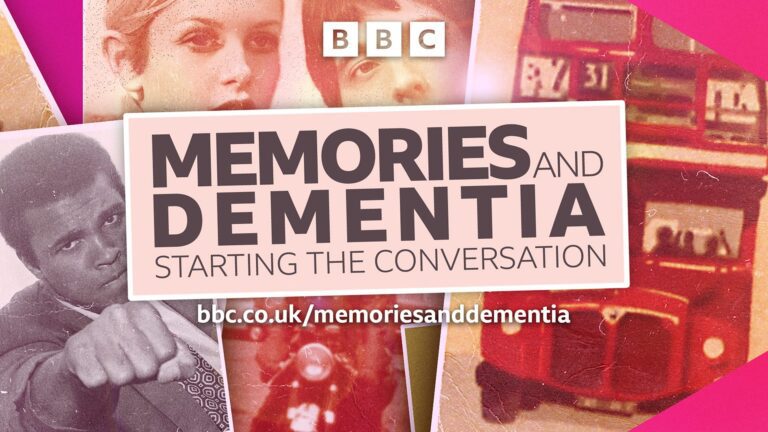Older Adult Mental Health Awareness Week (1 October – 10 October 2022), is a great opportunity to think about your own mental health and wellbeing or that of a loved one and what things you can do to support your own, or their, mental health.
People with dementia are more likely to experience poor mental health, such as feeling anxious and depressed, than others, so its even more important you take steps to protect your mental health.
Some things you can do include:
- Speak to your GP: They can help signpost you to suitable support services. They also can discuss options with you such as medication and therapy.
- Continue to pursue activities you enjoy: Whether its exercise, gardening, craft, singing or volunteering, continuing to pursue activities you enjoy can give you a continued sense of purpose.
- Develop a good solid routine: This may help reduce anxiety levels as it can make your day-to-day feel more predictable and give a sense of order.
- Talking with others who have shared experiences: Whether its a support group or others you know with dementia, talking with others who have a shared experience can make you feel understood and less alone.
- Listening to music: This can improve and support mood, alertness and engagement.
You can read our full article on the connection between dementia and mental health and tips for improving your mental health in Age UK Oxfordshire‘s most recent edition of EngAGE magazine, here: engage-autumn-2022-copy.pdf (ageuk.org.uk)



